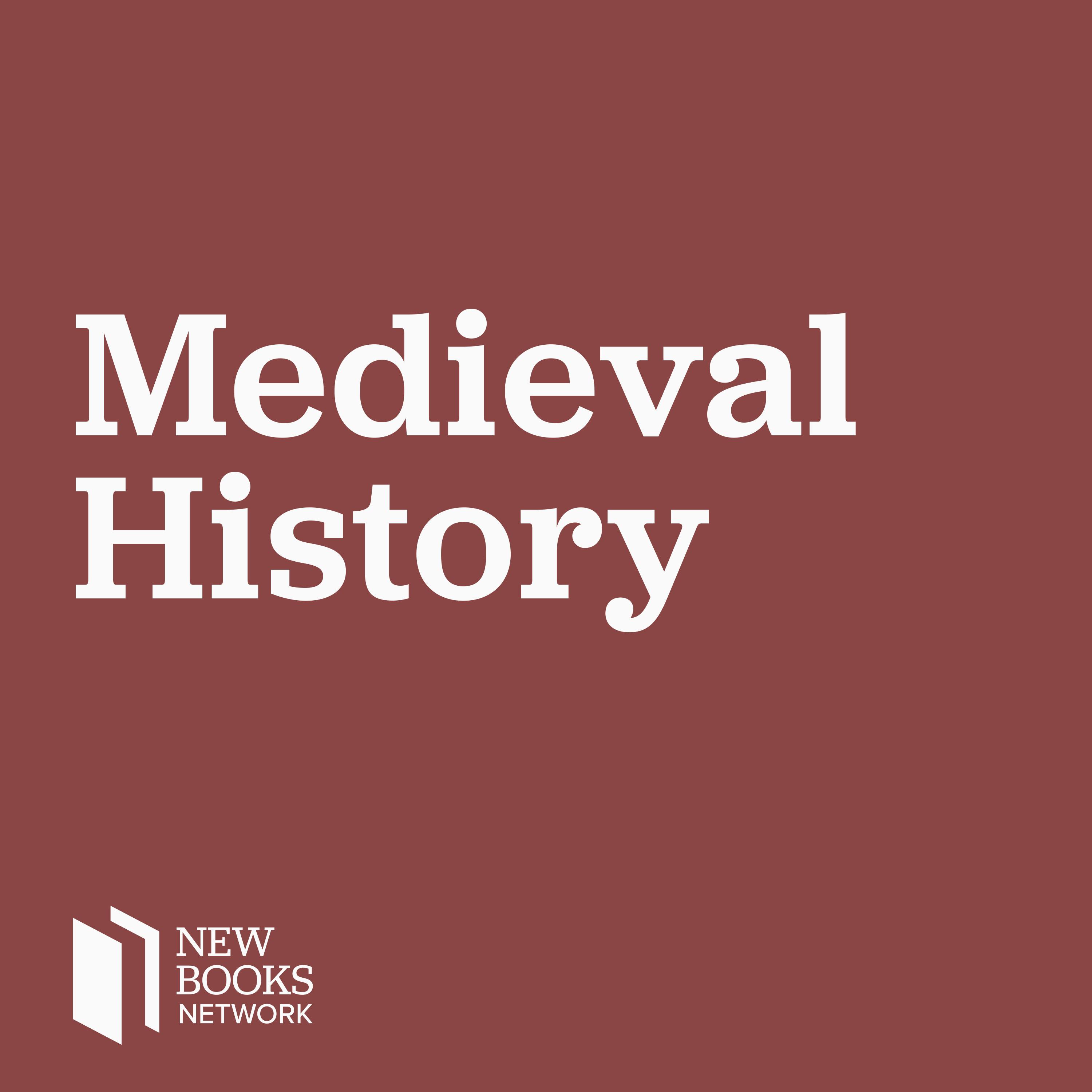Claire Weeda, "Ethnicity in Medieval Europe 950-1250: Medicine, Power and Religion" (Boydell and Brewer, 2021)
Description
Students in twelfth-century Paris held slanging matches, branding the English drunkards, the Germans madmen and the French as arrogant. On Crusade, army recruits from different ethnic backgrounds taunted each other’s military skills. Men producing ethnography in monasteries and at court drafted derogatory descriptions of peoples dwelling in territories under colonization, questioning their work ethic, social organization, religious devotion and humanness. Monks listed and ruminated on the alleged traits of Jews, Saracens, Greeks, Saxons and Britons and their acceptance or rejection of Christianity.
Ethnicity in Medieval Europe 950-1250, Medicine, Power and Religion (Boydell and Brewer, 2021), provides a radical new approach to representations of nationhood in medieval western Europe, the author argues that ethnic stereotypes were constructed and wielded rhetorically to justify property claims, flaunt military strength, and assert moral and cultural ascendance over others. The gendered images of ethnicity in circulation reflect a negotiation over self-representations of discipline, rationality and strength, juxtaposed with the alleged chaos and weakness of racialized others. Interpreting nationhood through a religious lens, monks and schoolmen explained it as scientifically informed by environmental medicine, and ancient theory that held that location and climate influenced the physical and mental traits of peoples. Drawing on lists of ethnic character traits, school textbooks, medical treatises, proverbs, poetry and chronicles, this book shows that ethnic stereotypes served as rhetorical tools of power, crafting relationships within communities and towards others.
Claire Weeda is a cultural historian at the Institute for History at Leiden University, Netherlands. Her main fields of interest include ethnic stereotyping, the history of the body, Greco-Arabic medicine, and organic politics in Europe, 1100-1500.
Evan Zarkadas is a graduate student of European history at the University of Maine focusing on Medieval Europe, the Eastern Mediterranean, medieval identity, and ethnicity during the late Middle Ages.
Learn more about your ad choices. Visit megaphone.fm/adchoices
More Episodes
Published 11/23/24
During the early medieval Islamicate period (800–1400 CE), discourses concerned with music and musicians were wide-ranging and contentious, and expressed in works on music theory and philosophy as well as literature and poetry. But in spite of attempts by influential scholars and political...
Published 11/12/24
Filippo Gianferrari, "Dante's Education: Latin Schoolbooks and Vernacular Poetics" (Oxford UP, 2024)
In fourteenth-century Italy, literacy became accessible to a significantly larger portion of the lay population (allegedly between 60 and 80 percent in Florence) and provided a crucial means for the vernacularization and secularization of learning, and for the democratization of...
Published 11/06/24


